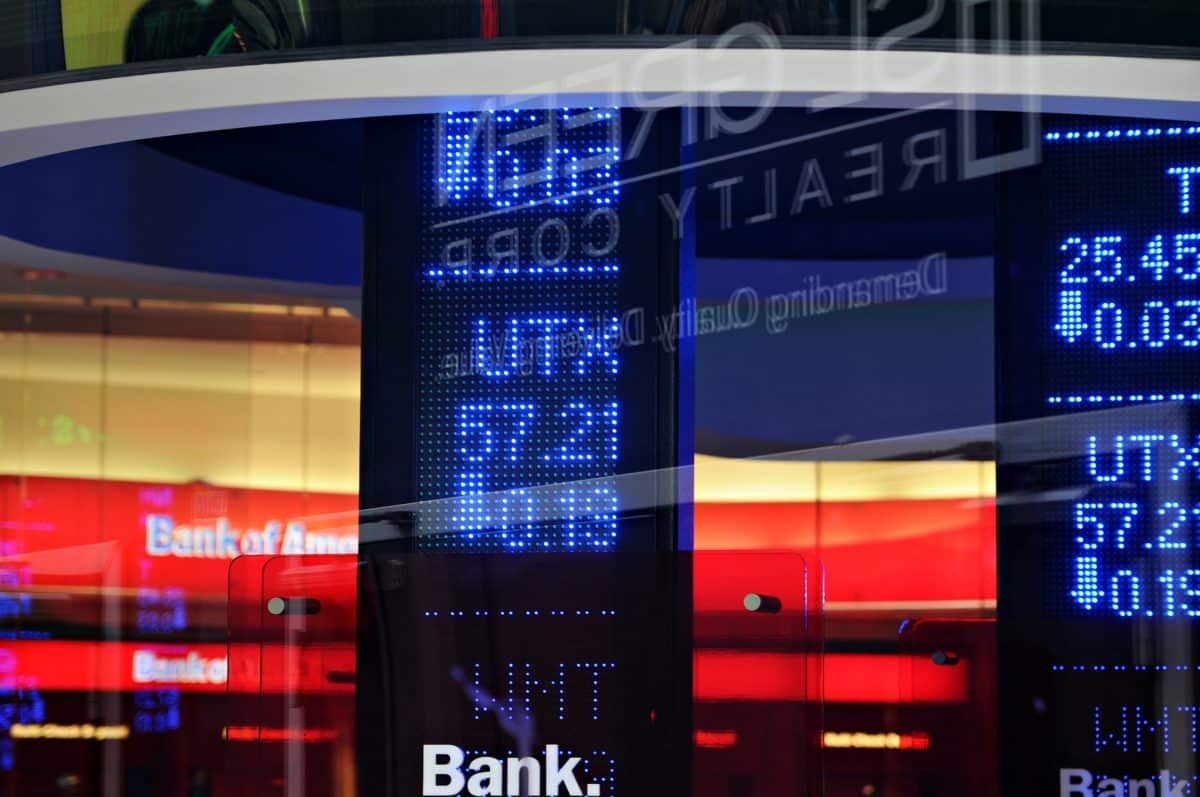
Stock markets around the world surged on Monday following the US job report. The report indicated that the market may be slowing, boosting hopes for a slowdown in interest rate hikes.
Global Stock Rally: European Markets Follow Suit and US Futures Point Higher
European markets showed significant gains, with Germany’s DAX climbing 0.7% to 15,949.69. France’s CAC 40 rose by 0.8% to 7,354.96, and London’s FTSE 100 joined the rally, gaining 0.8% to reach 7,522.38.
In the United States, futures for the S&P 500 and the Dow Jones Industrial Average were up 0.2%. However, US markets remained closed for the Labor Day holiday.
Analysts noted optimism in the global markets, as investors appear hopeful about a ‘Nirvana’ scenario regarding the Federal Reserve’s tightening. This scenario involves achieving ‘immaculate disinflation without causing employment pain, as stated by Tan Boon Heng of Mizuho Bank.
China’s Stimulus Efforts Upod Fed Tightening
In addition to the favourable jobs data, fresh stimulus measures from China’s financial regulators for the beleaguered property sector have also bolstered buying sentiment. These measures include reductions in down-payment requirements for first and second-time homebuyers, as well as lower rates on existing mortgages, noted Yeap Jun Rong of IG.
The positive sentiment extended to Asian markets, where Hong Kong’s Hang Seng index surged 2.5% to 18,844.16. The Shanghai Composite index added 1.4% to reach 3,177.06, and Tokyo’s Nikkei 225 saw a 0.7% increase, closing at 32,939.18. Seoul’s Kospi jumped 0.8% to 2,584.55, and Sydney’s S&P/ASX 200 added 0.6%, reaching 7,318.80. Share prices also rose in Taiwan and throughout Southeast Asia.
Mixed US Jobs Report Impact
The positive sentiment carried over from Friday on Wall Street, where the S&P 500 finished with a 0.2% gain at 4,515.77. The Dow Jones Industrial Average rose by 0.3% to close at 34,837.71, while the Nasdaq composite saw a minor drop of less than 0.1%, ending the day at 14,031.81, marking the end of a five-day winning streak for the Nasdaq.
The latest US jobs data, released by the Labor Department on Friday, revealed that employers added a solid 187,000 jobs in August, surpassing July’s revised gain of 157,000. However, the report also highlighted a rise in the unemployment rate from 3.5% to 3.8%. This marked the highest level since February 2022, although it remains low when compared to historical standards.
Strong hiring and robust consumer spending have played crucial roles in warding off a recession, which analysts had previously anticipated for 2023. However, these factors also complicate the central bank’s task of controlling inflation by fueling wage and price increases. Market concerns that the Federal Reserve might need to maintain higher interest rates for an extended period, based on reports suggesting the US economy’s resilience, led to a pullback in the market during August.
Fed’s Optimistic Outlook on Inflation and Interest Rates
Yet, recent economic snapshots have bolstered optimism on Wall Street that the Fed may opt to hold rates steady at its upcoming policy meeting in September. The central bank has been aggressively raising its main interest rate since 2022, reaching the highest level since 2001. The primary objective has been to bring inflation back in line with the Fed’s target of 2%. Fed officials have consistently maintained their readiness to continue raising rates as necessary, basing their decisions on the latest economic data.
Among the S&P 500 companies, banks and financial services stocks significantly contributed to the market gains. Charles Schwab saw a rise of 2.3%, and U.S. Bancorp added 1.5%. Rising oil prices also played a role in boosting energy stocks, as the benchmark price for US crude surged by 2.3%. This increase had a positive impact on Exxon Mobil, which rose by 2.1%, and Chevron, which experienced a 2% gain.
Currency and Commodity Market Movements
Early on Monday, the US benchmark crude oil price saw a minor decline of 11 cents, settling at $85.44 a barrel. Meanwhile, Brent crude oil experienced a similarly modest dip of 6 cents, reaching $88.49 a barrel. In the realm of currency trading, the US dollar strengthened, rising to 146.36 Japanese yen from 146.22 yen at the close of trading on Friday. Additionally, the euro experienced gains, reaching $1.0793, up from $1.0779.
Understanding the Unemployment Rate Increase
The surprising dynamic of an increased unemployment rate despite the addition of more jobs in August can be understood through a fundamental concept. The unemployment rate is calculated by dividing the number of unemployed individuals actively seeking employment by the labour force’s total sum (which comprises both employed and unemployed individuals). This ratio is expressed as a percentage.
When the unemployment rate increases, it signifies a larger proportion of individuals actively seeking employment compared to the overall manpower. This points to an expansion of the industry. Therefore, an increase in the unemployment rate, even in the presence of 187,000 additional jobs in August, indicates that more people commenced job hunting than those who secured employment. The implication is a growth in the total labour force, resulting in a less competitive job market. This phenomenon likely contributed to the lower-than-expected wage growth observed last month.
Market and Investor Sentiment
Bank of America US economist Stephen Juneau made a comment regarding the current market condition. He found that we may be nearing full employment, with supply and demand coming more into balance. Such a scenario provides relief to Federal Reserve officials, who are concerned about the labour market. Potentially, its current state could be contributing to inflation. Investors, in turn, reacted positively to the jobs report, believing there is a 93% probability that the Fed will keep interest rates unchanged at its September meeting and a 65.3% chance at its November meeting, according to the CME FedWatch Tool. These odds reflect an increase from 80% and 44.5%, respectively, recorded a week earlier.


